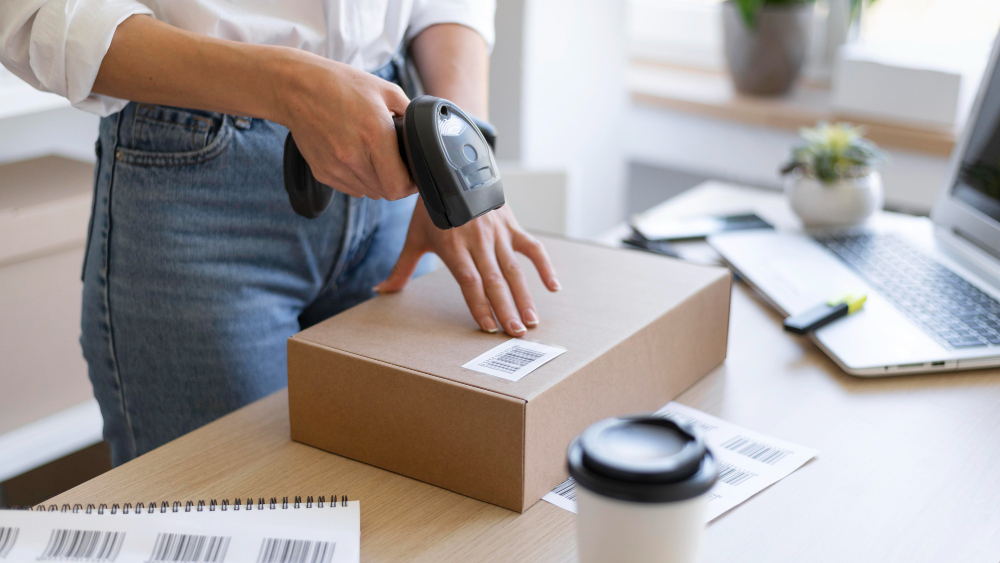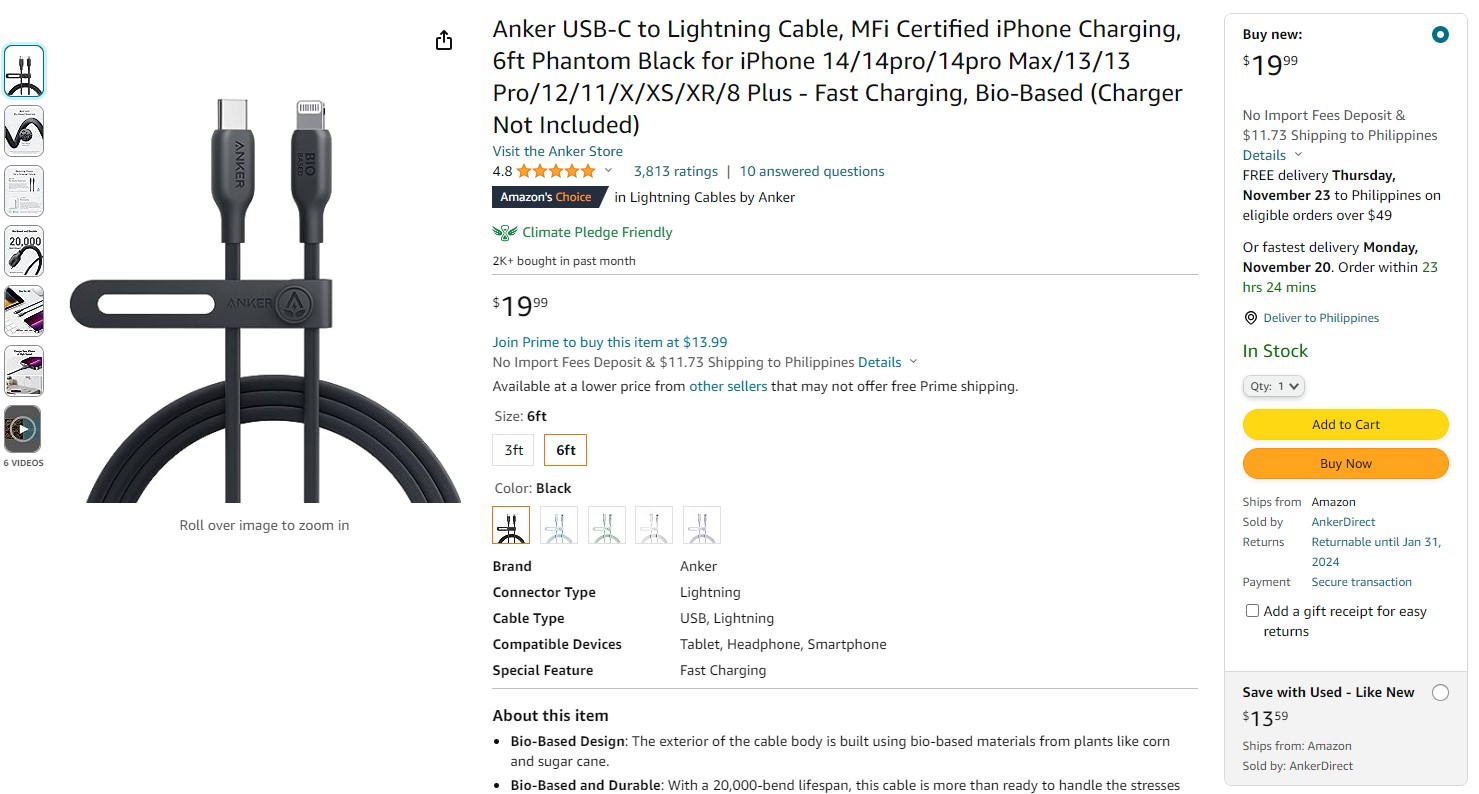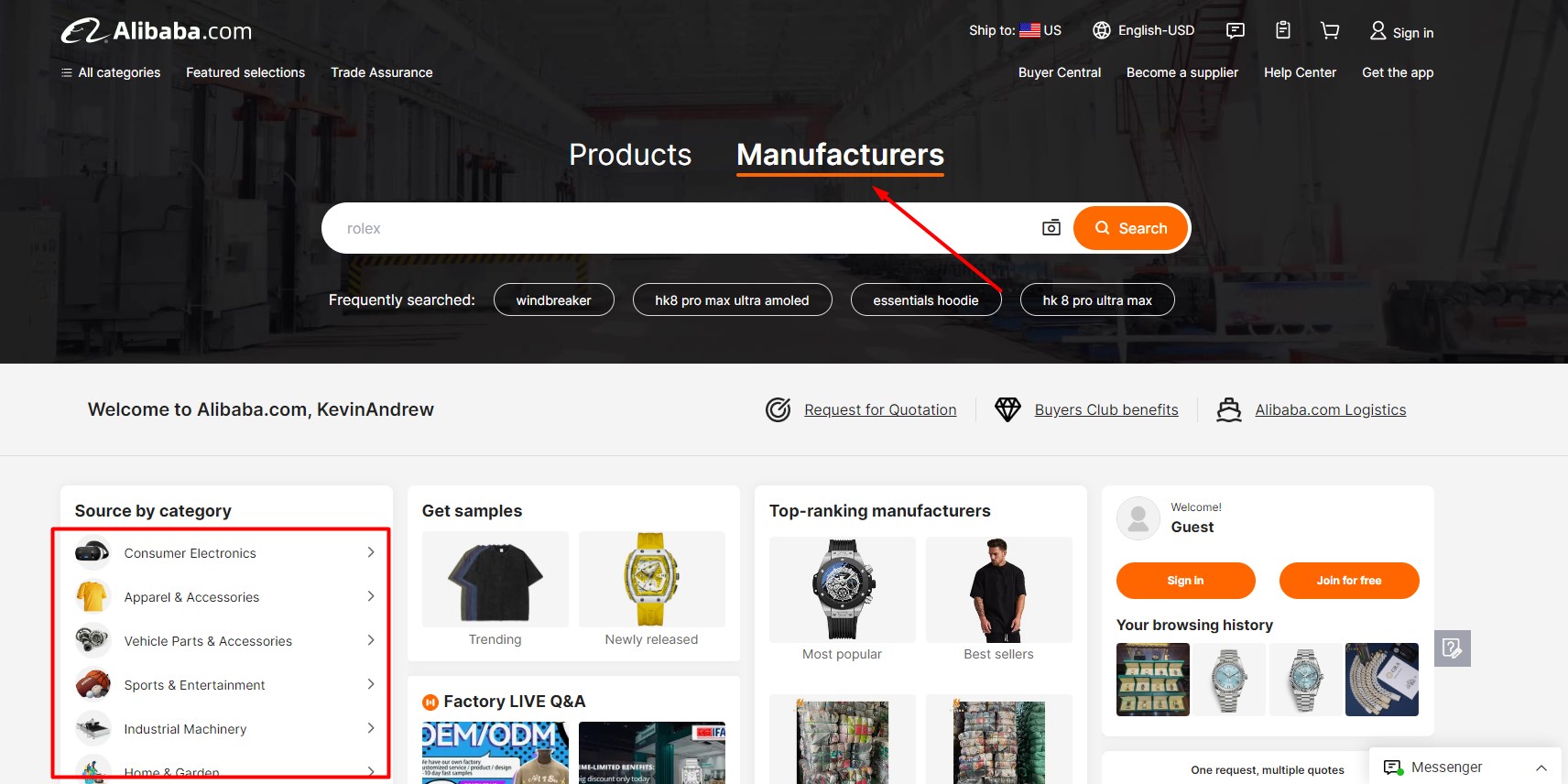Ecommerce and online businesses are transforming the way we buy and sell products, and nowhere is this more apparent than on Amazon. With over 2 million private label sellers worldwide, Amazon has become a haven for entrepreneurs aiming to establish their own online business.
The concept of 'Amazon private label' is catching on fast, offering a unique opportunity for sellers to brand their own products and sell on Amazon's vast marketplace.
As a private label seller, you control the branding, pricing, and marketing of your products, thereby creating a distinct presence in the crowded online retail space. If you're planning to launch a private label on Amazon, you're on the verge of entering a dynamic and potentially lucrative world of ecommerce.
Stay tuned as we delve deeper into the intricacies of Amazon's private label business.
What is a Private Label Product?
Let's start by understanding what a private label product is.
In the realm of ecommerce, particularly as an Amazon seller, private label selling is a business model where you sell products under your own Amazon brand. These aren't just any products; they're specifically sourced products directly from a third-party manufacturer, but sold under your distinct brand name.
The key to this business model is in the sourcing of your products. You're not merely reselling someone else's branded products. Instead, you're establishing your own brand within Amazon's marketplace. This gives you more control over product details, pricing, and branding strategy, setting your business apart in the bustling Amazon scene.
So, when you're selling on Amazon as a private label seller, you're not just selling products; you're selling your unique brand. This approach allows the flexibility of selling a diverse range of products from various manufacturers, all under your own brand name. It's an exciting and profitable avenue for entrepreneurs looking to carve their own space in the ecommerce landscape.
What is Amazon FBA?
Moving forward, let's delve into Amazon FBA, or Fulfillment by Amazon, a program that lets you outsource order fulfillment to Amazon.
This service is critical for those operating an Amazon private label brand as it manages the storage, packaging, and shipping of your products. Essentially, once you've sent your products to Amazon's Fulfillment Centers, they take care of the rest.
When a customer places an order for one of your items, Amazon handles the picking, packing, and shipping. They also manage customer service and returns for these orders. This allows you to focus on other crucial aspects of your Amazon business, such as expanding your Amazon listing, enhancing product quality, and driving customer engagement.
With Amazon FBA, your Amazon private label products are stored safely, handled professionally, and shipped promptly, enhancing overall customer satisfaction and aiding in the growth of your brand.
Advantages of Selling Private Label Products on Amazon
There are many reasons why millions of sellers worldwide have chosen to adopt the private label business model on Amazon. This approach offers a range of advantages that can potentially lead to incredible success.
Let's dive into these benefits and see why setting up a private label line could be the best decision for your online business.
Own Brand
Perhaps the most significant advantage is the opportunity to establish and grow your own brand. As your brand gains recognition and trust among Amazon customers, your potential for growth and profitability increases. Take, for example, the success of Anker, a private label brand on Amazon that has become synonymous with high-quality electronics.
Higher Profit Margins
With a private label line, you can enjoy higher profit margins. You control your private label product's price, freeing you from price wars with other sellers offering similar products. This paves the way for a profitable Amazon seller account.
Customization
Private label selling lets you customize your product according to market demands and your unique vision. This flexibility allows you to satisfy customer needs better and establish your brand identity.
Full Control of Your Amazon Listing
With an Amazon private label, you gain complete control over your product listings. From the product title and images to the description and customer reviews, you can craft a narrative that best represents your brand and products.
No Brand Competition
As a private label seller, you don’t have to compete with other brands selling the same product. Once you’ve registered your brand with the Amazon Brand Registry, you’re the only vendor offering that specific product on the Amazon marketplace.
To make the most out of your Amazon private label, it's recommended to use tools like Amazon PPC (Pay-Per-Click) to promote your products and boost visibility. Also, remember to leverage Amazon FBA, sending your products to Amazon's warehouse to ensure efficient fulfillment and customer satisfaction.
To sum up, the private label business model on Amazon offers a pathway to success with its potential for high profits, complete control, and the ability to build a loyal customer base. Whether you're an established seller looking to diversify or a newbie wanting to venture into ecommerce, private labeling on Amazon could open up new avenues for growth.
How to Start a Private Label Business on Amazon
Now, let us help you start by providing essential steps to launch your private label Amazon FBA:
Do Your Research
Before diving into your Amazon private label business, thorough market research is crucial. Look at the price, sales, reviews, and ratings of existing products similar to the one you plan to launch. This will give you insight into what a successful private label does and doesn't do.
For instance, a high-rated product with many reviews might indicate a profitable product, while low ratings and negative reviews might present an opportunity for improvement with your private-label products.
Find a Supplier
Once you've chosen a unique product to sell, the next step is sourcing your products. Platforms like Alibaba or Jungle Scout can help you find a reliable supplier.
Make sure to request samples before making a bulk order, ensuring the product meets your quality standards. Don't forget that a successful Amazon private label business relies heavily on the quality of products you offer.
Create Your Amazon Listing
Creating your Amazon listing is more than just uploading the product. You need to optimize your product description and features to attract potential customers.
Include keywords relevant to your product and pay attention to the product images, they should be high-quality and show the product from various angles. Remember, a successful listing is a blend of informative and enticing content that leads a customer to make a purchase.
Choose Your Fulfillment Method
You can choose between FBM (Fulfillment by Merchant) or FBA (Fulfillment by Amazon) for your private label Amazon FBA.
While FBM gives you more control, FBA can save you a lot of time as Amazon takes care of storage, packaging, and shipping. For most sellers, Amazon FBA is a preferable choice due to its efficiency and convenience.
Launch
After creating your listing and choosing your fulfillment method, it's time to launch your product. Monitor your sales and reviews closely in the first few weeks. Respond promptly and professionally to any customer queries or complaints. Also, consider using Amazon PPC to boost your product visibility.
Remember, launching a successful private label on Amazon requires ongoing effort. You might need to introduce a new product from time to time, adjust your pricing strategy, or enhance your marketing efforts based on market trends. The key is to keep evolving and improving your approach to stay competitive.
There are plenty of examples of private label success stories on Amazon. Anker, as mentioned earlier, is one of them. They started as a small private label selling USB cables and now are a globally recognized brand.
Conclusion
There's no shortcut to launching successful products in 2023 for your FBA business. It will require meticulous planning, market analysis, and innovative strategies. The products based on market demands, consumer reviews, and current trends will have the highest potential for success.
To create an Amazon private label, it is crucial to understand your target audience, their needs, and preferences, and craft your products and strategies accordingly. Just as you would in any other business, focus on delivering quality, value, and excellent customer service to build trust and loyalty among your customers.



